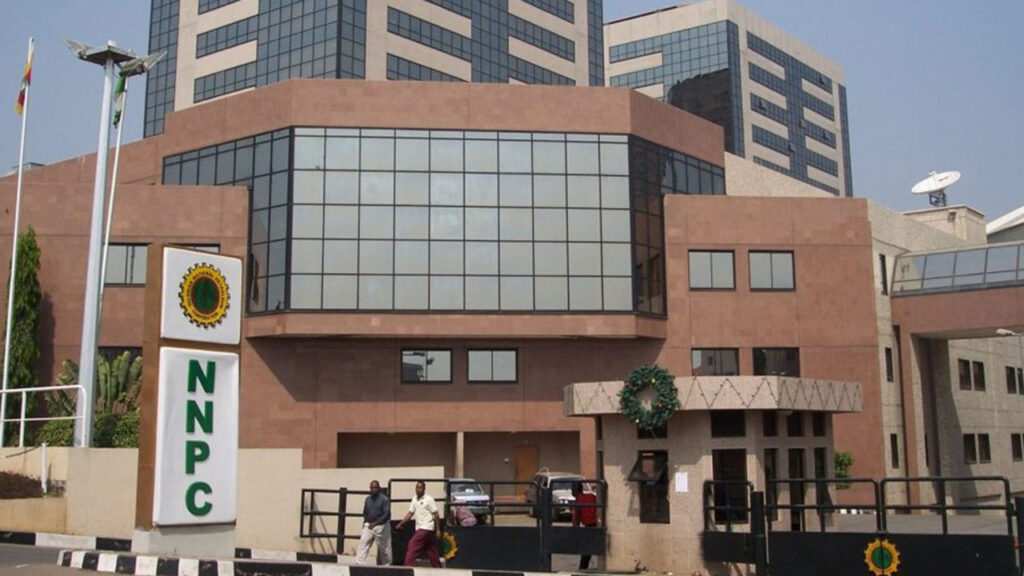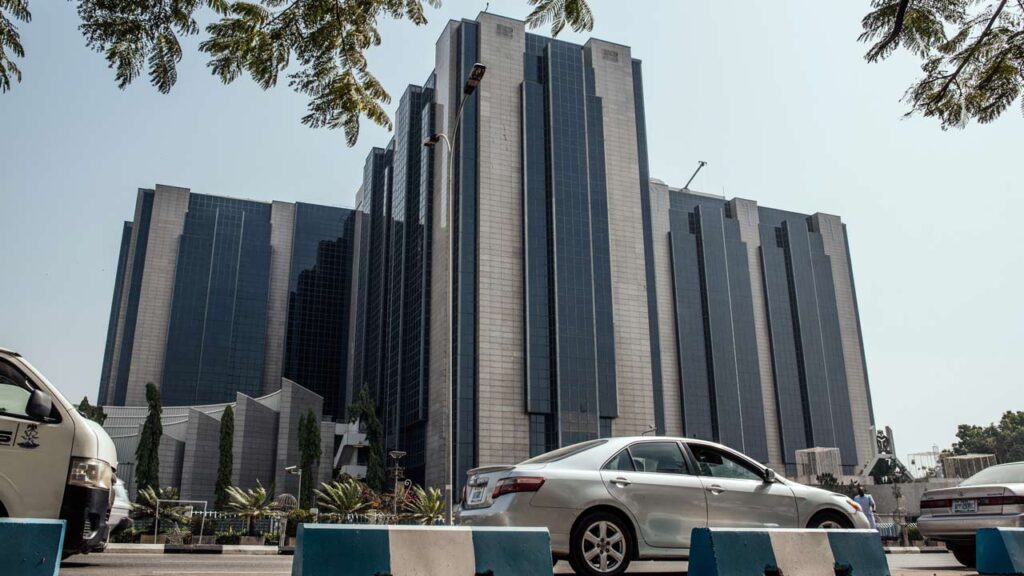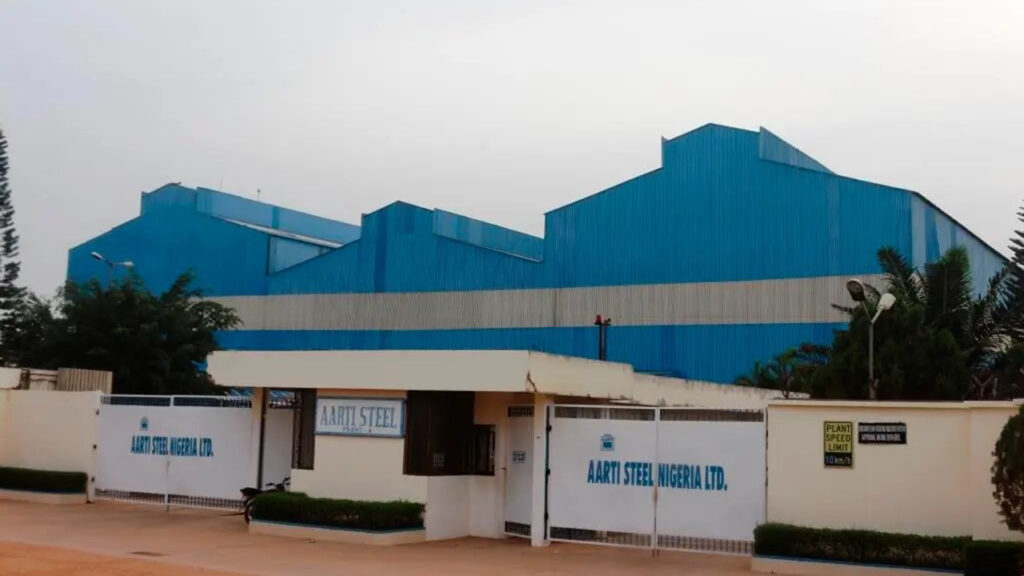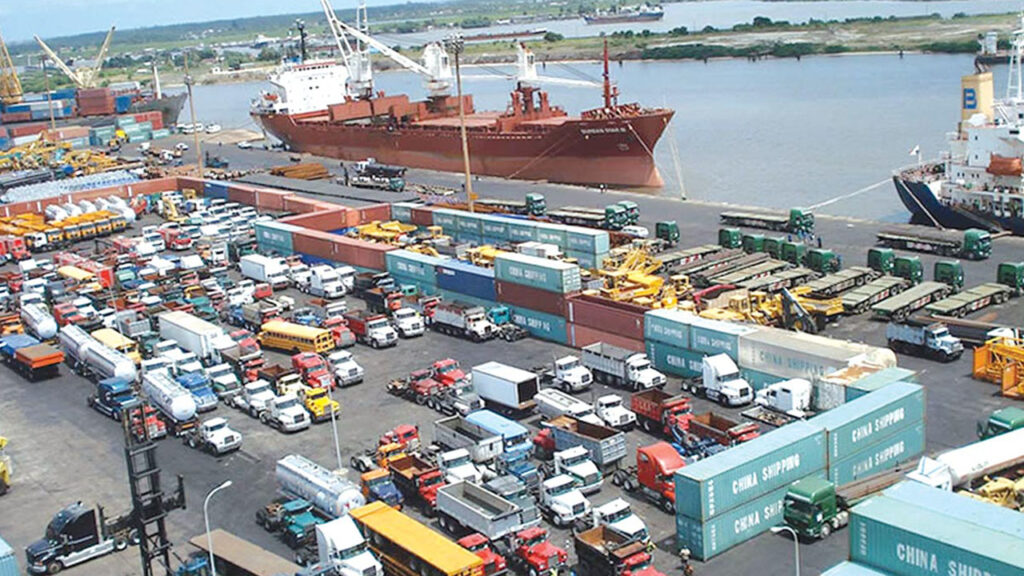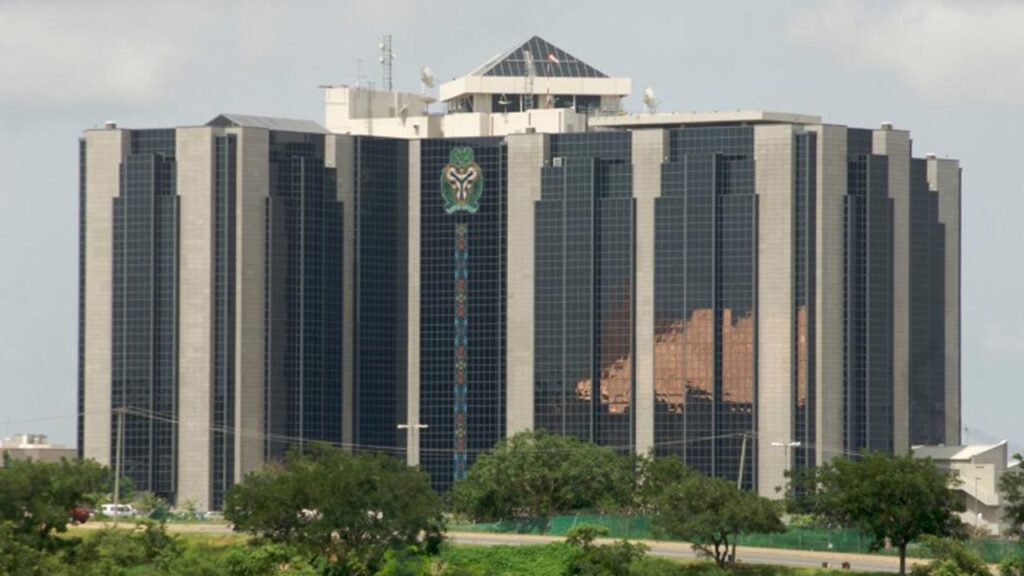
• Seek regional cooperation to stop trend
The federal government has called on member states of the Economic Community of West African States (ECOWAS) to forge a common front in the fight against terrorism financing in the sub-region.
Director/CEO of the Nigerian Financial Intelligence Unit (NFIU), Hafsat Bakari, stated this yesterday at the opening of the Training of Trainers (ToT) workshop on Countering the Financing of Terrorism (CFT) for ECOWAS Anglophone Member States under the ECOWAS Counter Terrorism Action Plan.
The workshop is organised by the Inter-Governmental Action Group against Money Laundering in West Africa (GIABA). Bakari, who is also the National Correspondent of GIABA, said the threat of terrorism remains a pressing concern across the globe.
“The insidious nature of terrorism not only threatens the lives of innocent people but also undermines the very fabric of our societies and economies. One of the key pillars in our collective fight against terrorism is countering the financing that sustains these nefarious activities,” she said.
She noted that blocking the channels, routes and techniques used to move the funds within countries and across the borders requires cooperation not just at a national level but also at a regional level.
“This can only be achieved through a proper understanding and application of the role of the military, intelligence services, law enforcement agencies, prosecutors and the judiciary in this collective endeavour,” the NFIU boss said.
She said the training, which will equip stakeholders with the knowledge, skills, and strategies necessary to combat the financing of terrorism effectively is a step in the right direction.
“This ToT serves as a pivotal platform for us to enhance our understanding of the evolving tactics employed by terrorist organisations to fund their operations. Through collaborative efforts and the exchange of best practices, we aim to strengthen our capacity to detect, disrupt, and dismantle the financial networks that enable terrorism to thrive,” she said.
She expressed satisfaction with the level of Nigeria’s participation in the training, adding that it reflected the multi-agency approach championed by President Bola Ahmed Tinubu and encapsulated in the National Counter-Terrorism Strategy and the National Counter-Terrorism Financing Strategy.
Also speaking, the Director General of GIABA, Edwin Harris Jr, said money laundering and the financing of terrorism continued to adversely impact the socio-economic development, peace and security of ECOWAS member states.
He noted that in the last decade, the ECOWAS community has experienced an increasing level of terrorism, radicalisation and violent extremisms at an alarming rate.
He said GIABA’s approach to supporting countries in the fight against the financing of terrorism was to bring their prevention and enforcement systems in line with international standards, particularly those of the Financial Action Task Force (FATF).
“In practice, this means providing countries with appropriate legal and institutional frameworks and building their capacity to implement these frameworks effectively,” he said.
Harris promised that GIABA would continue to provide the required leadership and space for member states to accelerate their compliance with international AML/CFT measures.
“We will intensify efforts to improve our strategic responses to the multi-faceted challenges posed by organised crimes in the region. We would ensure that our responses are sufficiently comprehensive and adequate to address the underlying global, regional, and national factors that trigger, enable, and facilitate organised crimes,” he said.
In his comment, the Director General of the Department of State Services (DSS), Yusuf Bichi, said that countering the financing of terrorism is a collective responsibility that demands international cooperation and collaboration.
Bichi, who was represented at the event by the Director of Training and Staff Development, DSS, Bolatito Sure-Olufe, noted that terrorism financing networks often span multiple jurisdictions, exploiting vulnerabilities in financial systems and regulatory gaps.



